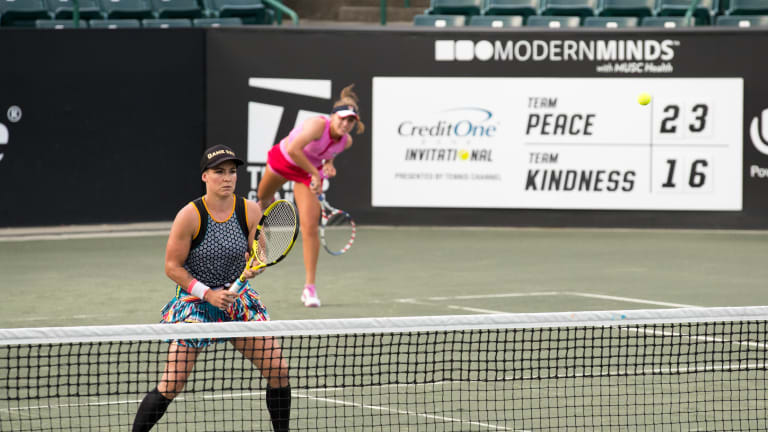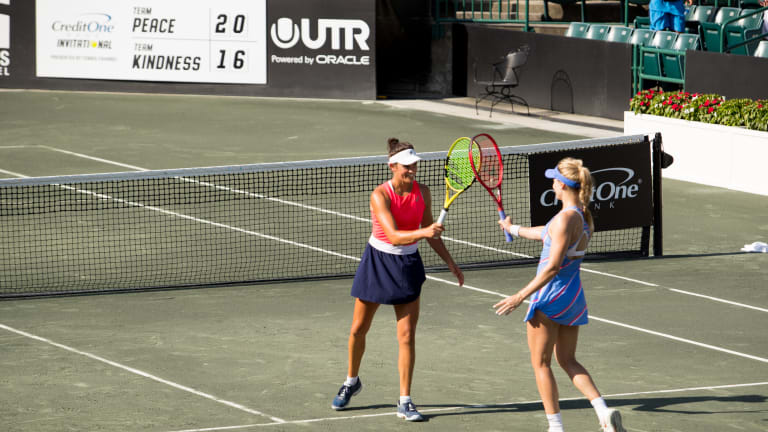Mattek-Sands doubles down on doubles, and it pays off in Charleston
By Jun 29, 2020Ranking Reaction
Alexandra Eala becomes first woman from Philippines ever to break into Top 100
By Mar 31, 2025Miami, USA
Jakub Mensik, Miami champion, was going to pull out of the tournament an hour before his first match
Mar 31, 2025Jakub Mensik prevents Djokovic from his 100th title, wins Miami Open for first ATP trophy
By Mar 31, 2025Stat of the Day
Jakub Mensik becomes first teenager ever to beat Novak Djokovic in straight sets in a completed tour-level match
By Mar 31, 2025Miami, USA
Teenager Jakub Mensik denies Novak Djokovic 100th title in Miami Open upset
By Mar 31, 2025Miami, USA
Aryna Sabalenka takes aim at Iga Swiatek's dominance of the European clay season
By Mar 31, 2025Social
Andrey Rublev reportedly adds Marat Safin to coaching team for clay-court season
By Mar 30, 2025Your Game
Doubles Partners: Asics and A.P.C. team up for one-of-a-kind tennis collection
By Mar 30, 2025Social
PHOTOS: Aryna Sabalenka celebrates maiden Miami title with “lucky charm” goddaughter
By Mar 30, 2025Mattek-Sands doubles down on doubles, and it pays off in Charleston
The captain of Team Peace made all the right moves at the Credit One Bank Invitational.
Published Jun 29, 2020
Advertising

Mattek-Sands doubles down on doubles, and it pays off in Charleston
Advertising

Mattek-Sands doubles down on doubles, and it pays off in Charleston